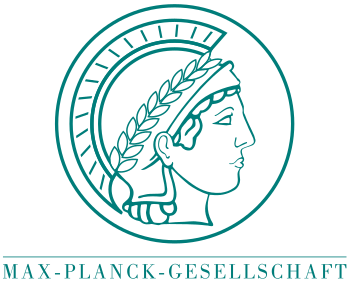The symposium aims to encourage the collaboration in scientific research and technological development between researchers from the state of São Paulo and from Max Planck Institutes, fostering bilateral cooperation in many areas.
It also aims to disseminate the Max Planck–FAPESP Young Investigator Award. This award is an opportunity for the establishment in the State of São Paulo of new research groups led by highly qualified young scientists working in close cooperation with principal investigators in Max Planck Institutes.
Main Themes
- Climate research
- Geosciences
- Solar system research
- Radio astronomy
- Quantum materials
- Photonics
- Chemical physics
- Legal studies
- Linguistic and cultural evolution
- Paleogenetics
- Economics of ageing
- Biology of ageing
- Molecular biology of cancer
- Structural biology
- Plant microbiology
- Plant physiology



